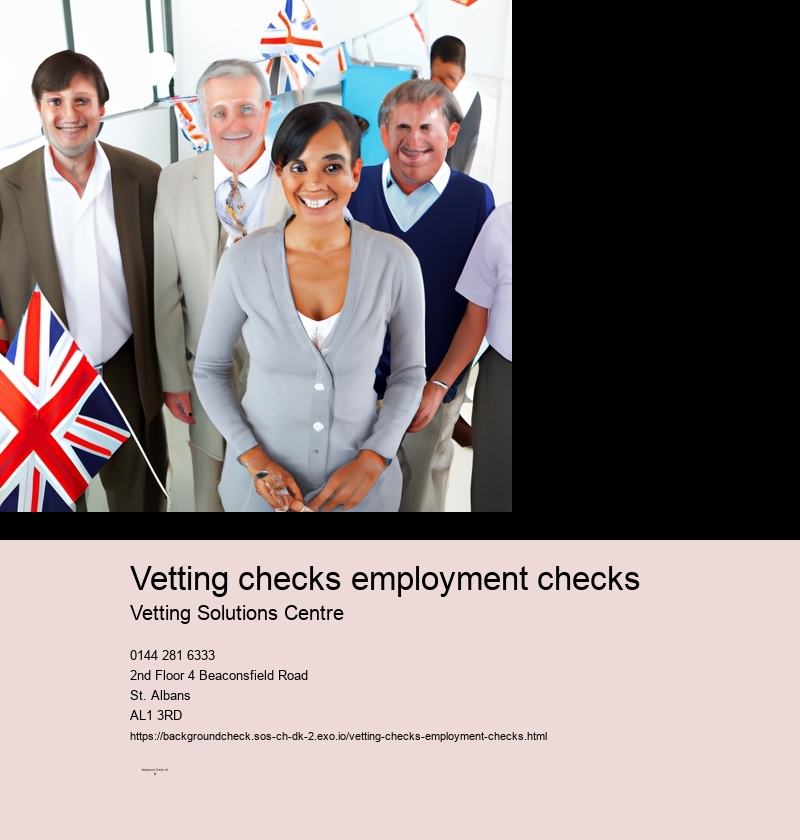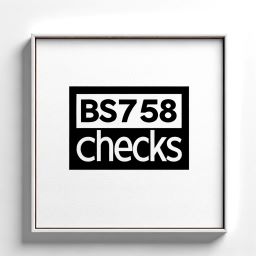vetting checks employment checks
Data Protection Act 2018
Once this verification phase is complete, the DBS issues the appropriate certificate based on the disclosed information.
Vetting checks employment checks - finance
- contract
- blacklisting
- organization
Employers often request Basic DBS Checks for positions that don't involve working with vulnerable populations or sensitive information, where a higher level of disclosure is unnecessary. The process is simple and costeffective, with the Basic DBS Check costing £23 and being easily applied for online.
Though the specifics of preemployment screenings can differ from one company to another, certain universal aspects always apply. Key screening questions to ask include:




